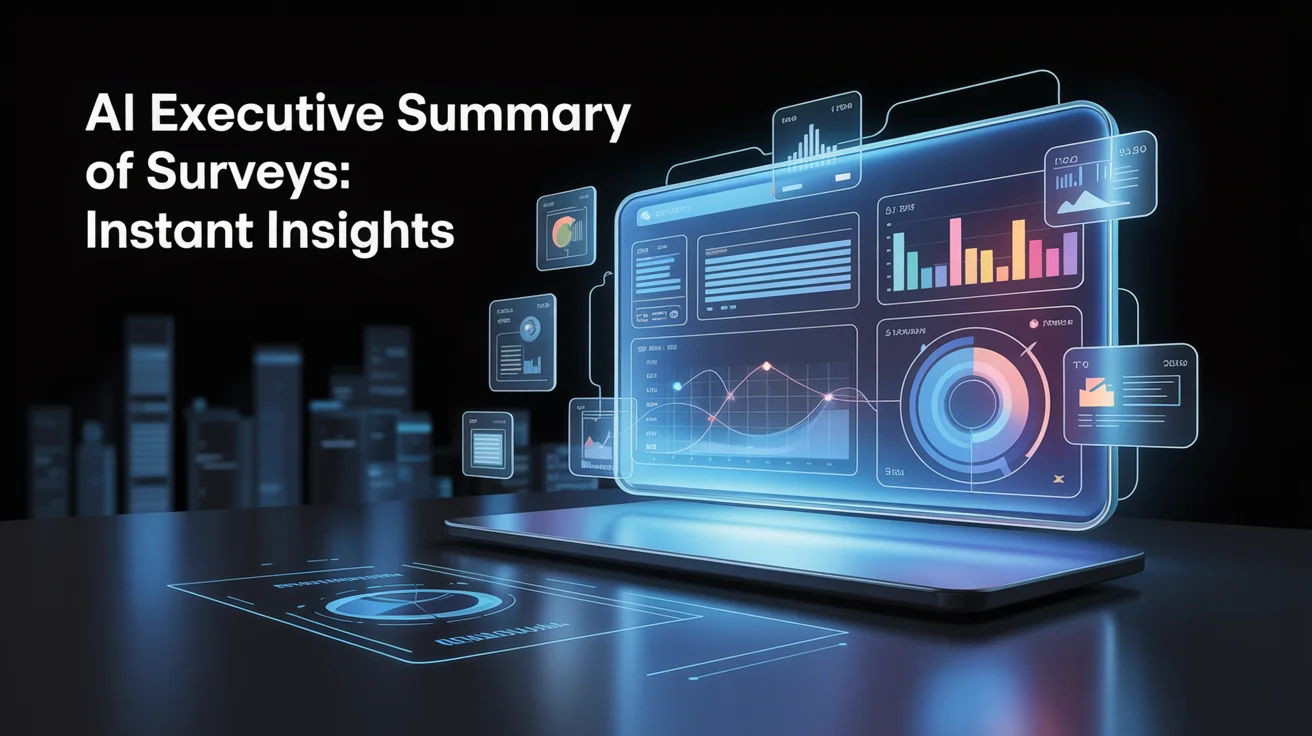Artificial Intelligence in finance is changing the way banks, investors, and analysts manage money. With advanced algorithms, machine learning, and data analytics, AI brings financial systems more accuracy, speed, and safety.
From fraud detection to algorithmic trading, it’s setting new standards in efficiency and performance.
In this blog, we’ll explore the growing role of artificial intelligence in finance, how it’s being applied, and the benefits and challenges it brings. We’ll also look into real-world examples to understand its powerful impact.
The Rise of AI in Financial Decision Making
AI is now central to financial decision-making. It analyzes massive data sets in real-time, identifies trends, and makes predictions more accurately than human experts.
This means better investment strategies, improved risk analysis, and personalized client services.
Financial institutions use AI to reduce human errors and respond to market changes faster. AI models don’t just follow rules; they learn and adapt continuously.
How AI Is Powering Risk Management
Risk management is vital in finance. One wrong decision can cost millions. AI uses machine learning to spot patterns, evaluate creditworthiness, and predict defaults, helping banks make informed lending decisions.
AI also supports scenario testing. It can simulate multiple outcomes based on current data, which helps companies prepare for future financial risks.
Smart Automation in Banking Services
AI is now driving automation in everyday banking. It simplifies operations, reduces paperwork, and improves customer service. Chatbots, robo-advisors, and virtual assistants are now a regular part of digital banking.
These tools are available 24/7 and can handle thousands of queries instantly. They also learn from customer interactions and become smarter over time.
- Chatbots handle routine banking questions in real-time.
- Robo-advisors suggest investment portfolios based on user goals.
- AI systems verify documents automatically to speed up approvals.
- Intelligent assistants remind users about bills, spending, or savings plans.
Fraud Detection and Prevention with AI

Fraud is a significant threat in finance. AI fights it with speed and precision. Traditional methods detect fraud after it happens. AI stops it before damage is done.
AI tools scan millions of transactions in seconds and flag unusual behaviour. They learn from past fraud attempts and update their defences instantly.
- AI detects strange transaction patterns in real-time.
- It locks suspicious accounts or alerts users instantly.
- Banks use biometric verification through AI for extra security.
- Deep learning models reduce false alarms by learning from past data.
AI and Algorithmic Trading
AI is at the heart of modern trading platforms. Algorithmic trading uses AI to buy or sell stocks at the best price. It’s fast, accurate, and often more profitable than manual trading.
These AI systems analyze market news, social media, economic indicators, and price trends. Then, they make decisions in milliseconds. Hedge funds and investment banks rely on them for more innovative trading strategies.
Personalized Banking and Customer Insights
AI helps banks offer personalized experiences. It studies spending patterns, saving habits, and customer behaviour to give customized advice, improving satisfaction and building trust.
Banks can offer better deals, loan suggestions, or savings options by predicting customer needs. This data-driven personalization boosts retention and revenue.
Challenges of Artificial Intelligence in Finance
While AI brings many benefits, it also has challenges. Key concerns are data privacy, bias in AI models, and a lack of transparency. Regulatory compliance is also difficult as laws evolve.
Banks must be careful with data handling and algorithm training. A wrong prediction or bias can lead to poor financial decisions and legal trouble.
AI systems should be explainable and fair. Human oversight is still needed to ensure ethical use.
Real-World Examples of AI in Finance
Many banks and fintech startups are already using AI successfully. Here are some well-known use cases:
- JPMorgan Chase uses AI to process legal documents faster.
- Mastercard’s AI detects fraud patterns in global payments.
- PayPal uses machine learning to fight fraud across accounts.
- HSBC uses AI for anti-money laundering and transaction monitoring.
AI in Credit Scoring and Lending Decisions
Traditional credit scores rely on limited data. AI changes that. To assess creditworthiness, it uses alternate data like utility payments, online behaviour, or spending patterns.
This helps lenders give loans to more people, even those without a formal credit history. It also reduces the risk of defaults by analyzing deeper insights.
Regulatory Technology (RegTech) Powered by AI
RegTech uses AI to help banks follow rules and prevent compliance issues. It monitors transactions, updates legal requirements, and flags risks automatically.
AI can scan documents, extract key regulations, and ensure policies are followed correctly, saving time and reducing legal costs.
Benefits of AI in Finance
AI brings powerful advantages to finance. It boosts efficiency, saves time, and improves customer experiences. Financial firms can stay ahead of the curve with machine learning and big data.
- Faster decision-making using real-time analytics
- Reduced operational costs through automation
- Improved customer engagement with personalization
- Accurate fraud detection and security features
- Smarter trading and investment strategies
Limitations and Ethical Considerations
Despite progress, there are risks and limitations. AI isn’t perfect. If trained on biased or poor-quality data, it can give wrong results. That’s why transparency and ethical AI design are essential.
Also, over-reliance on AI may reduce human judgment in finance, which can be risky in volatile markets.
The Future of Artificial Intelligence in Finance
The future of AI in finance is bright. AI’s role will only grow with quantum computing, blockchain, and neural network innovations.
Banks will continue to invest in AI tools for better insights, automation, and service delivery. New AI models will focus on fairness, transparency, and sustainability.
As AI evolves, finance will become more inclusive, accurate, and intelligent.
Conclusion:
Artificial intelligence in finance is no longer just a trend, it’s a necessity. From improving decisions to protecting against fraud, AI creates smarter, faster, and more secure financial systems.
However, responsible use, transparency, and regulation will be key to building trust and long-term value.
By thoughtfully adopting AI the finance industry can unlock new growth, reduce risks, and deliver personalized experiences to every customer.
Frequently Asked Questions:
Q1: What is artificial intelligence in finance?
It’s using AI tools to automate and improve financial services like trading, lending, and fraud detection.
Q2: How does AI detect fraud?
AI scans transactions, spots unusual patterns, and blocks suspicious activity in real-time.
Q3: Can AI improve lending decisions?
AI analyzes more data to help lenders assess risk and approve loans faster.
Q4: Is AI safe for banking?
Yes, if used with proper security, rules, and human checks.
Q5: Will AI replace finance jobs?
No, it supports workers by handling repetitive tasks, not replacing them.




